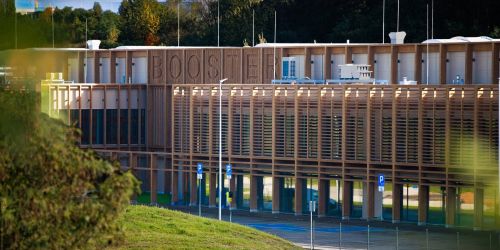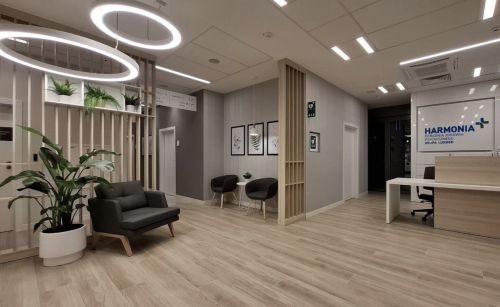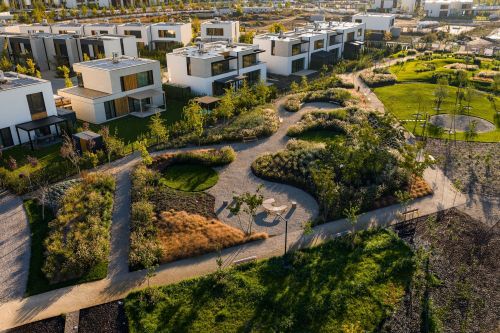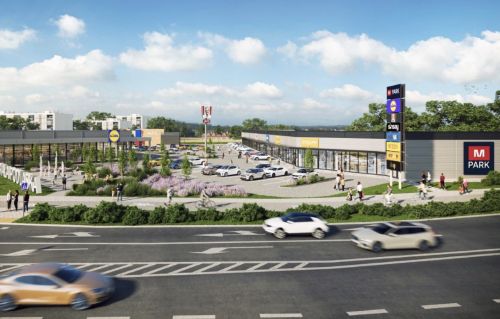The shopping centre market has still got the bit in its teeth. New centres are going up in attractive locations. New tenants are arriving in Poland, while investors are snapping up properties from developers. But there is an unpleasant fly in the ointment. The participants in our round table discussion speak of the commotion caused by the Large-Scale Shopping Facilities Act, the final effects of which are still nervously awaitedz Ewa Andrzejewska, Magda Konstantynowicz. ‘Eurobuild Poland’: Have shopping centres become things of the past or are they still in the best of health, with rents rising, investors queuing up to buy new properties, easy cooperation with local governments, and potential customers getting wealthier and prepared to spend their cash in modern shopping facilities?Beata Kokeli, member of the board of TK Polska Operations: Polish society still holds a huge potential for shopping centres. The increase of the gross national product is accompanied by falling u

























































